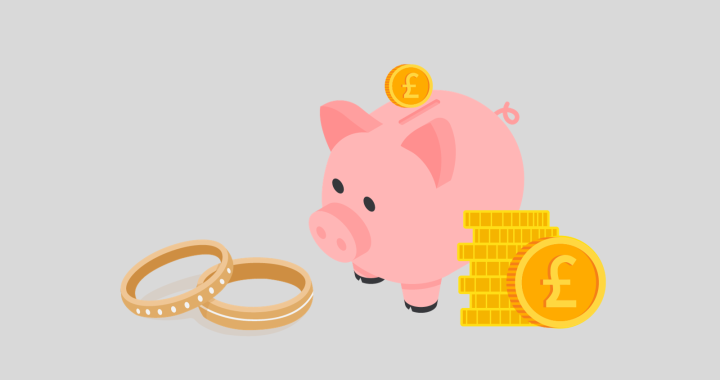The Department for Business and Trade has recently released feedback on two major consultations concerning payroll and holiday entitlements.
Category Archives: Blogs
How can the Marriage Allowance save you money?
There are many financial and legal benefits to being married or in a civil partnership, but one of the most overlooked reasons is the potential for tax relief.
This is because, thanks to the Marriage Allowance, where one partner earns below the tax threshold, they can transfer a portion of their personal allowance to the other partner, reducing the amount of tax they need to pay.
Am I eligible?
The Marriage Allowance relies on one spouse earning below their Personal Allowance of £12,570 per year. This can be through not working, having a low-paying or part-time job, or being retired.
The other partner must be paying the basic tax rate to receive the allowance, meaning their annual income must be between £12,571 and £50,270 per annum.
If this is the case, the lower-earning partner can transfer up to £1,260 of their personal allowance to their higher-earning partner.
How does it work?
By transferring part of your personal allowance to your partner, you increase their personal allowance up to £13,830. This reduces the portion of their income that they are liable to be taxed on, saving them up to £252 per year.
It is important to bear in mind that this transfer reduces the personal allowance of the lower-earning partner by the same amount, meaning that if they earn over £11,310, they are liable to pay tax.
Despite this, it is often still worth the transfer, as the lower-earning partner will still be paying a lower amount of tax, and it will contribute to an overall saving for both partners.
How do I get it?
You can apply for Marriage Allowance on the Government website if you fit all the criteria mentioned above.
If you or your partner were born before 6 April 1965, you may benefit more by applying for Married Couple’s Allowance instead.
It is also possible to backdate the claim to include any tax year from 5 April 2019, meaning that you and your partner can get further reductions to your tax bill.
If you are unsure whether the Marriage Allowance will benefit you and your partner, get in touch with our experts today for help and advice.
A look at the scalability of in-house vs outsourced accounting
As a business grows, its accounting needs become more complex and time-consuming.
How will the new Procurement Act benefit SMEs?
The recent Royal Assent of the Procurement Act marks a significant milestone in the evolution of public procurement.Continue reading
Is unconscious bias impacting your business decisions?
When it comes to business decisions, taking an objective view is essential. But distinguishing your thoughts from the facts is easier said than done.Continue reading
Understanding loss carry-back claims
In the unpredictable world of business, it’s not uncommon for companies to experience financial losses.
BOO-st your tax planning this Halloween
When it comes to tax planning, timing is everything.Continue reading
How can you leverage automation in your accounting process?
Most businesses are already using cloud accounting software to manage their finances. However, not all of them are taking full advantage of automated processes to streamline their accounting process.Continue reading
100 days until the Self-Assessment deadline: Are you ready?
We are now only 100 days away from the Self-Assessment tax deadline on 31 January 2024.
Why you should use double-entry bookkeeping in your business finances
The term “double-entry bookkeeping” is often mentioned as a cornerstone for managing a business’s finances.









